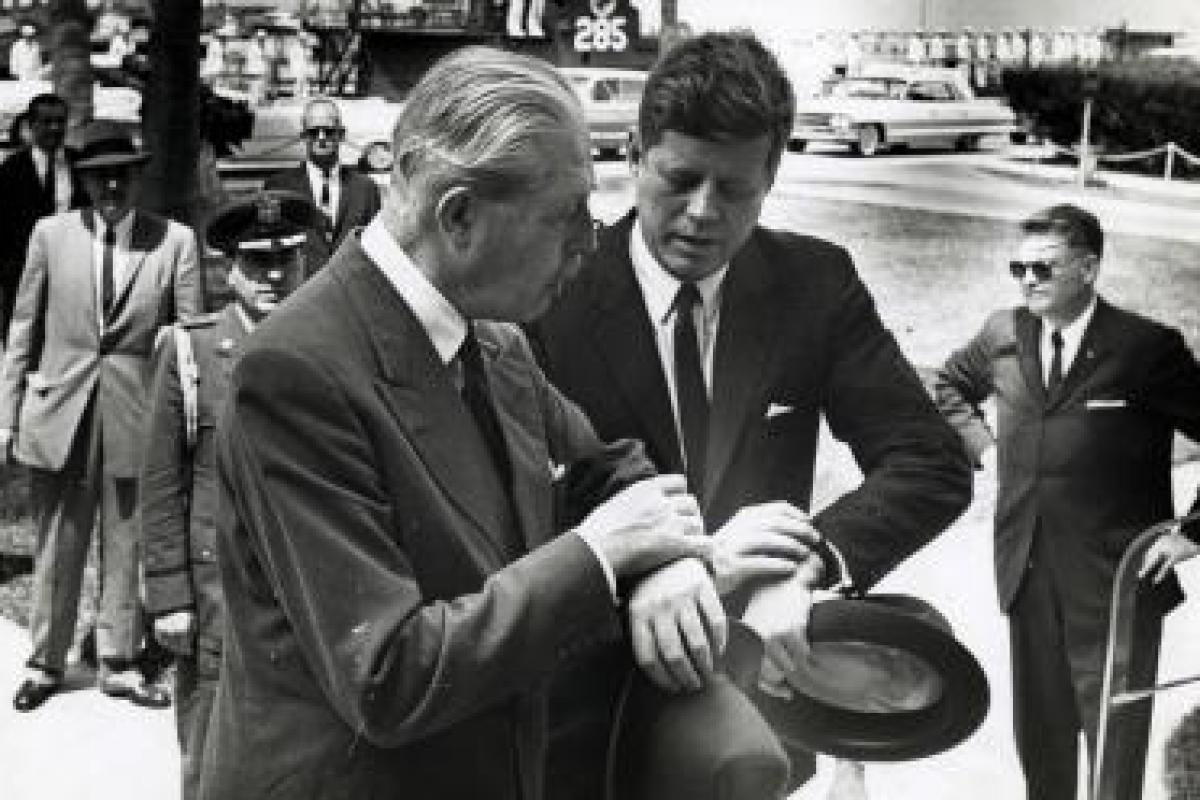I was fortunate to spend the best part of my career in my own office. For those that haven’t seen one, an office is ‘a room assigned to a specific person or group of persons in a commercial or industrial organization.’ As a strategist my office afforded me the opportunity to mull things over in silence, to lose myself in documents, to sketch out arguments undisturbed. I could stare out of the window, rearrange my yellow Bic biro collection, pin my ‘70s photos to the wall. I could build high towers of paper to block out prying eyes. I could close the door.
Inevitably in recent years things all went a bit open plan. I found myself sitting at a long wooden table with fellow management types from a range of disciplines. We could pool our problems, share our expertise, exchange sartorial insights.
In my new environment I was struck by the frequency, variety and arbitrariness of the issues and challenges that presented themselves to this management group. Colleagues would arrive, unannounced and under pressure, at our long wooden table. They would bring with them an awkward personnel issue, a legal dispute, an accounting error, an urgent pitch, a revolting Client. Everything seemed to require an immediate response, an instant reaction. I felt as if I had been transported to the heart of air traffic control. And I have to say I found it all rather stressful.
I realized that it takes a very particular type of person to thrive in the topsy-turvy world of management.
As a strategist I primarily concerned myself with future possibilities and probabilities; with predicting trends and anticipating change. Most things were in the distance, on the horizon; in the medium-to-long term.
But many of the challenges of leadership are random and surprising. They come out of left field. They are unanticipated, unforeseen, unplanned. They are imminent and very much in the short-term.
British Prime Minister Harold Macmillan was once asked what was most likely to blow governments off course. He replied, ‘Events, dear boy, events.' Macmillan’s own government was brought down in the wake of the Profumo Sex Scandal of 1963. The Secretary of State for War had had a brief relationship with a woman who had also dated a Soviet Naval attaché. ‘Where did that come from?’ Macmillan must have thought.
In the face of unexpected events good leaders retain their cool, their calm and composure. They ‘keep their heads when all about them are losing theirs.’ Leadership requires an ability to prioritise issues, to calibrate them on the basis of their possible impacts. In the midst of crisis leaders must reduce the complex to its essentials; sequence responses; assign roles and responsibilities; design plans and communicate them. They must sustain morale. Above all, leaders have to think and act fast, in the moment. Right here, right now.
‘Stop doing this, start doing that; call x, contact y; get them on board, on side, on the case; call a meeting, form a team, make a plan; this now, that later; find time, make time, buy time.'
As strategists we would often encourage our Clients and colleagues to think more in the long-term; to focus on developing a vision and strategy for the future. However, a critical leadership skill is dealing with the unanticipated present. It’s a skill that, in the course of my career, I grew to respect and admire.
Mark Twain once observed that 'Climate is what we expect. Weather is what we get.’ Great leaders plan for the climate we expect. But they can also manage the weather we get.
Read more from Jim Carroll on his blog http://www.jimcarrollsblog.com/
